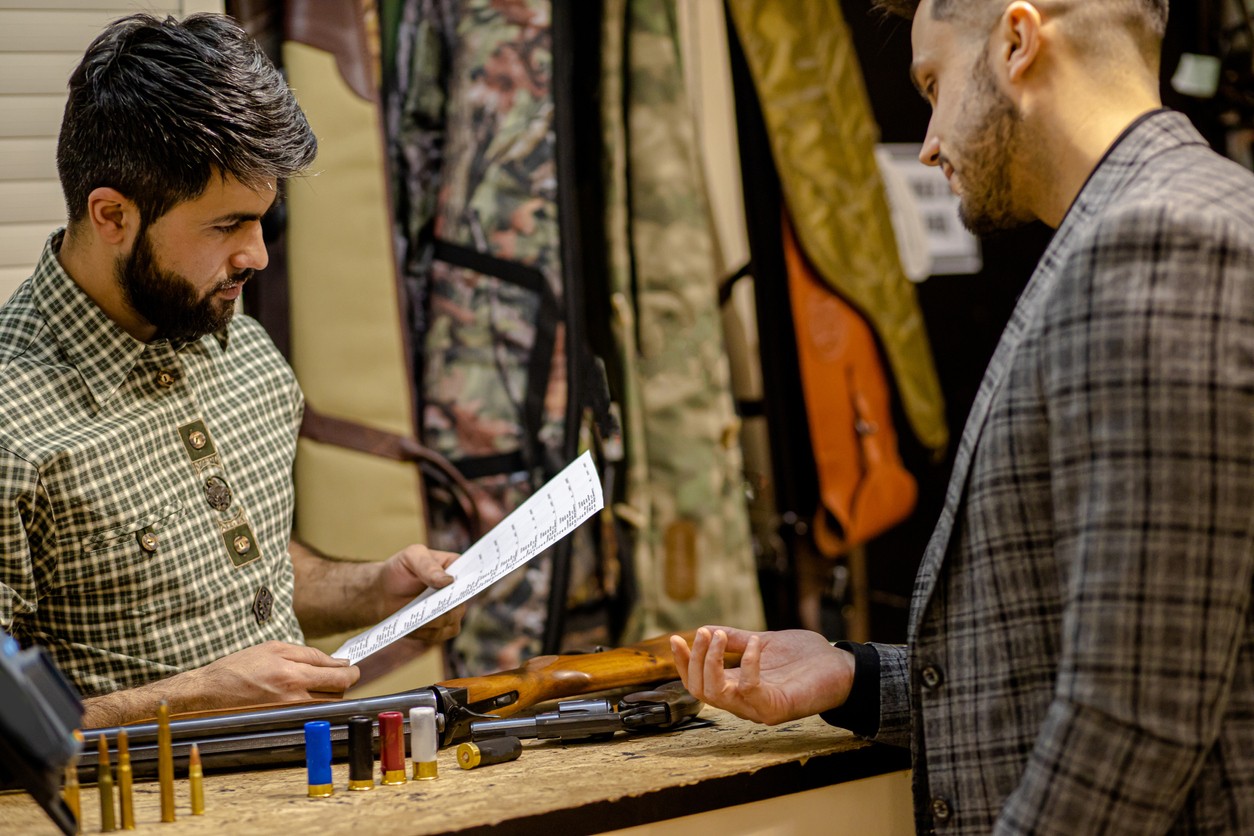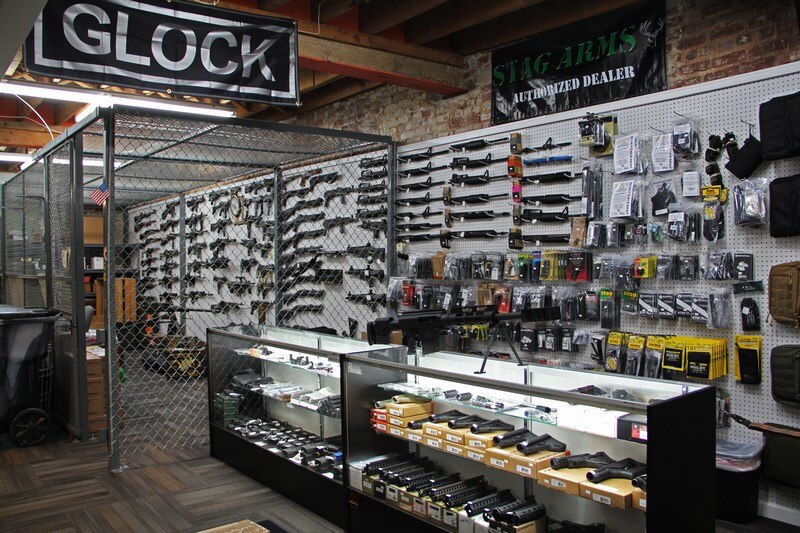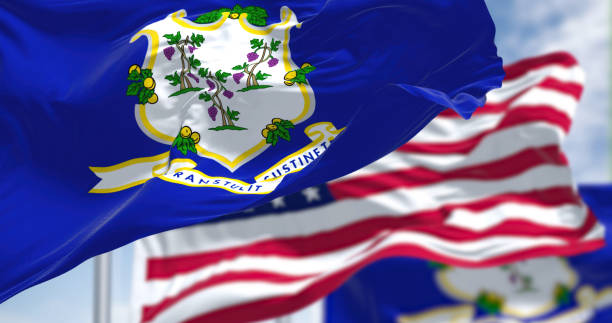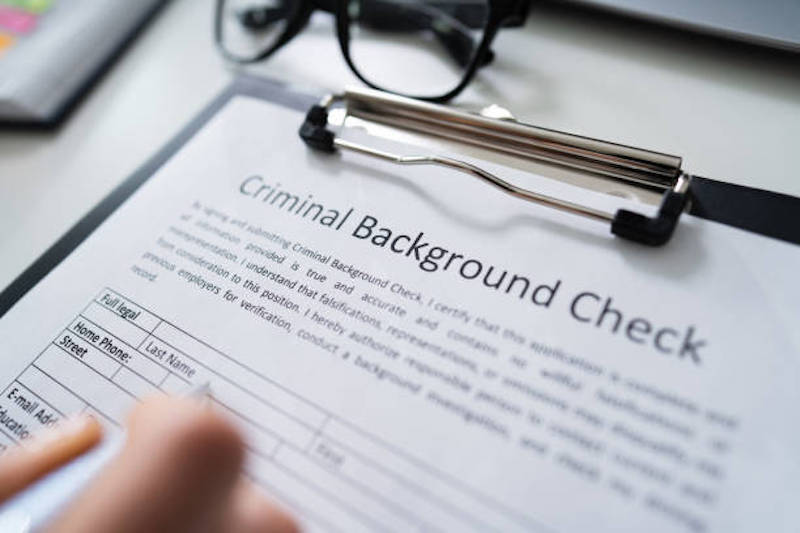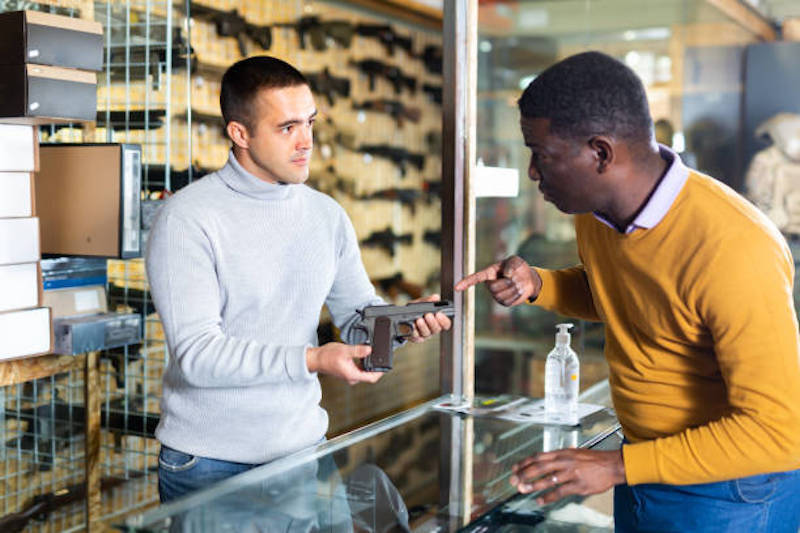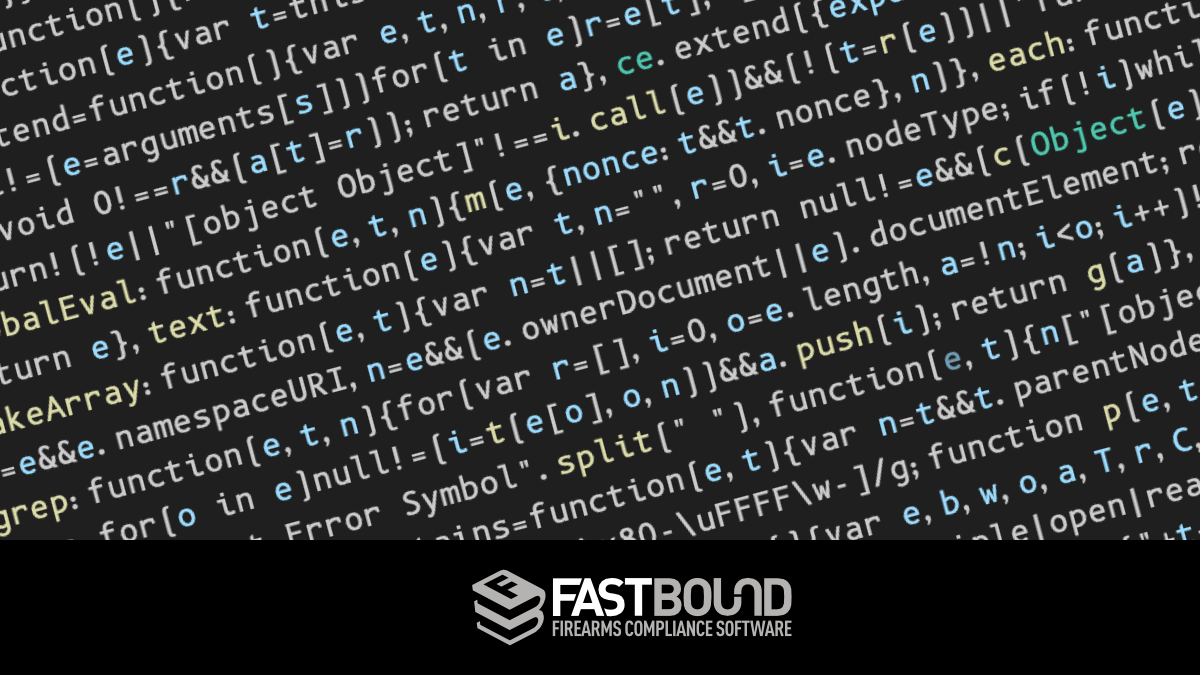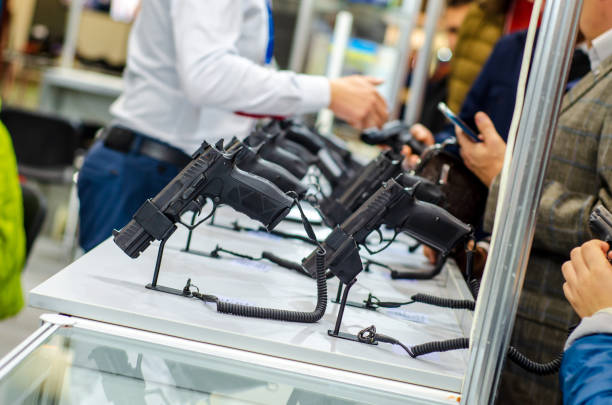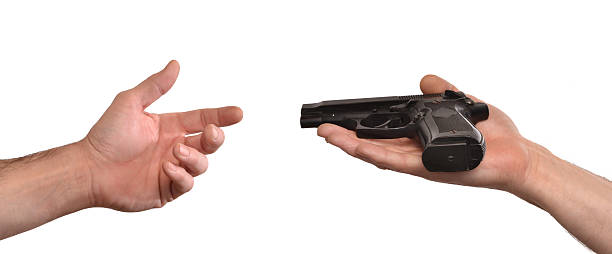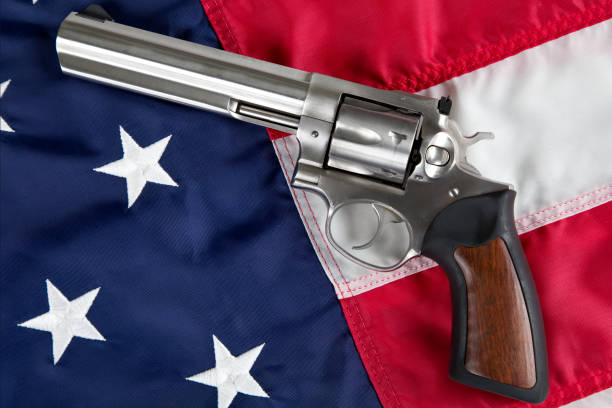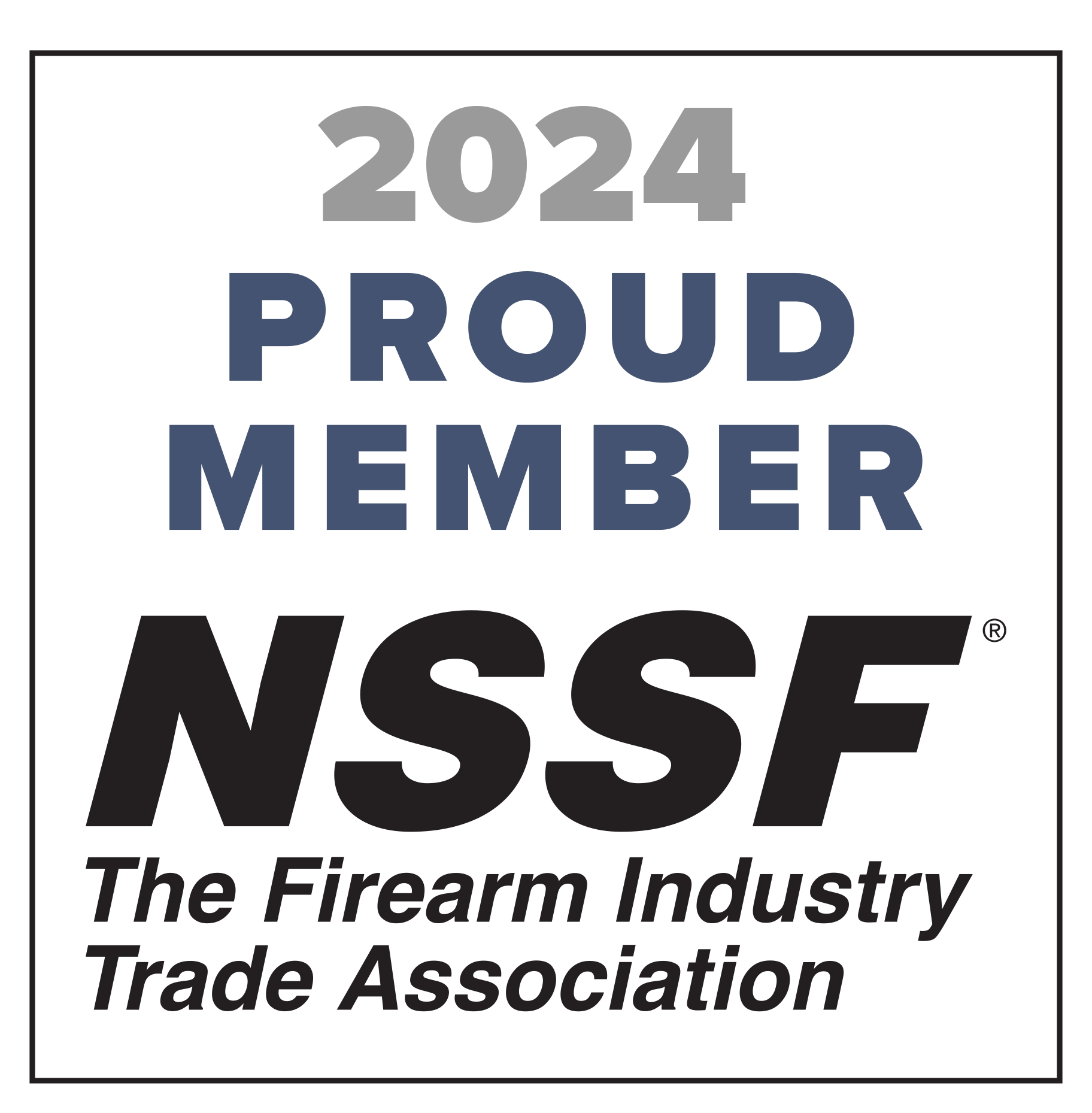Can you get a Federal Firearms License (FFL) without a business? The question is not uncommon, but the answer is somewhat complex. The short answer is yes, you can get an FFL without a business, but the question is somewhat misleading.
With all things FFL and ATF, the rules and regulations can be complicated and circular in nature. What the ATF, under the Gun Control Act, is looking for beyond your background check is that you are:
- Active in buying and then selling firearms for commercial purposes, which defines you as a business. Even hobby buying and selling is a business.
- You have some semblance of a storefront in which you buy or sell firearms and related products, especially those that require an FFL.
The only exception to having an actual business is if you are a collector of antique firearms. The light at the end of the tunnel is restrictive. In fact, the Federal Firearms License comes in a few formats that define what you can and cannot do with the license.
The FFL is issued as a “type.” There are nine types of FFLs that divide the business of firearms into specific categories. The type of FFL you have defines what your firearms business can and cannot do. Before you apply for an FFL you need to consider why you need an FFL.
Why do I need an FFL?
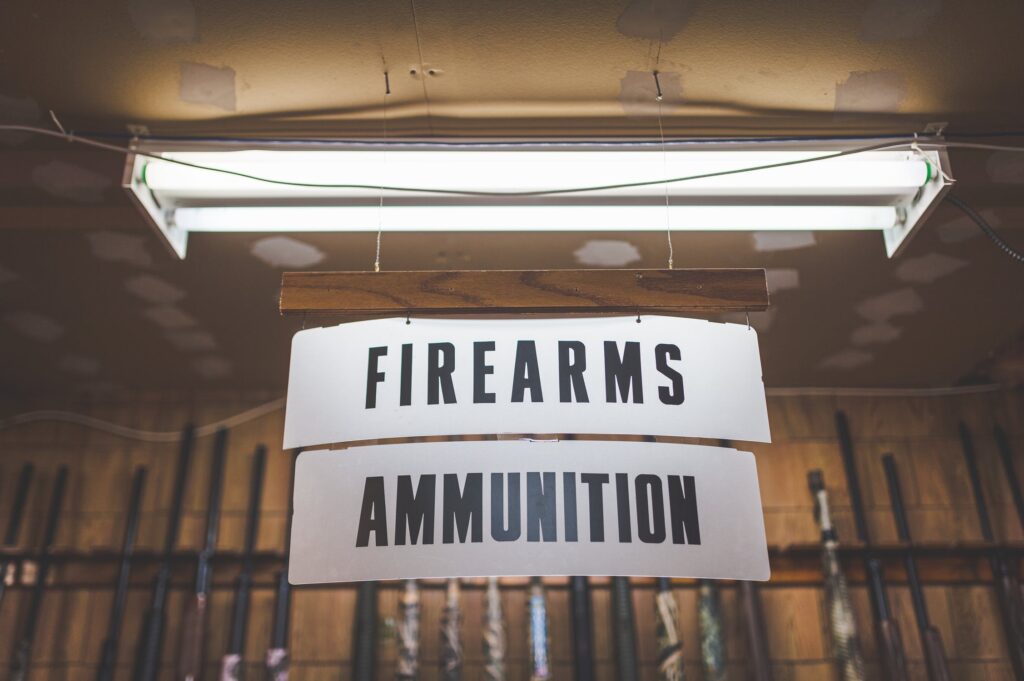
Most guns and gun-related products are regulated. An FFL is designed to check the character and background of any person who wants to buy or sell a gun [legally.] However, not all guns require the use of an FFL. Antique guns and most muzzleloaders do not need an FFL. For newer guns and firearms that are 50 years or old, an FFL is likely needed.
- Firearms Dealer and Gunsmith – If you want an FFL because you want to buy and sell guns or do gunsmithing, then you need a Type 1 FFL. This level of firearms license allows you to do basic transactions and repairs on all firearms. It’s appropriate for a home-based FFL dealer.
- FFL Dealer – If you are a pawnbroker or strictly a firearms dealer, then you need a Type 2 FFL – which allows you to buy and sell guns and parts that require an FFL.
- Collector – For those who asked about getting a Relics FFL without a business, then the Type 3 FFL is for you. If you are a collector of C&R guns (firearms that are very old and are mostly limited to muzzleloaders), then you can apply for a Type 3 FFL.
- Ammo Manufacturer – if you want to make and sell ammo, then you need a Type 6 FFL.
- Firearms Manufacturing – For both gun making and ammo building you need a Type 7 FFL.
- Firearms’ Importer – Importing firearms from outside the United States means you need a Type 8 FFL.
- Destructive Devices – If you want to buy and sell destructive devices, you need a Type 9 FFL.
- Armor Piercing Ammo and Destructive Devices – For those who want to manufacture destructive devices, make ammo for destructive devices, or manufacture armor-piercing ammunition, you need a Type 10 FFL.
- Import Destructive Devices – For anyone who wants to import destructive devices, ammunition for destructive devices, or ammo capable of armor-piercing, you need a Type 11 FFL.
With the long list of variations in FFL types, it is important to understand exactly why you need an FFL. For most people, a Type 1 FFL is sufficient. That brings us back to the question, “Can I get a Federal Firearms License without having a business?”
Can I get an FFL Without a Business?

Yes, you can get an FFL without owning a business. The only type of FFL available to you without a business or storefront is the Type 3 FFL which allows you to collect antique and relic guns and the ammo that goes along with them. There are some limitations, however, and you should definitely read the fine print.
What you are allowed to do with a Type 3 FFL is collect relics and guns that are antiques over 50 years old and with some limitations. The guns in your collection are not for public sale and your collection must be private. That does not mean you cannot sell a gun on occasion so long as you are following the guidelines of your FFL.
Business Intent
Business intent is a critical consideration. As you can see, having an FFL does not give you blanket permission to do, make, sell, or swap all things gun or gun related. While there are a lot of FFL types, they tend to divide into those who make or sell guns, those who import guns and gun-related parts or ammo, and those people who want to add to their antique and private collections.
Collector’s FFL – Type 03 FFL
Under the Type 3 FFL, you cannot buy guns with the intention of reselling them. Guns are for personal use. This is not a license that allows you to deal with guns, even those that are relics or antiques. The purpose of the Type 3 FFL is to make the process of buying certain guns for your private collection easier and nothing more. If you want to deal in guns, then you need a different type of FFL – either a Type 1 or Type 2 FFL.
What About Gunsmithing Without an FFL?
Gunsmithing without an FFL is not permitted. Gunsmiths need a Type 1 FFL and sometimes a Type 6 or Type 7 FFL for the manufacturing of ammo. If a gunsmith wants to produce specialized ammunition – armor-piercing rounds – then they also need a Type 9 and Type 10 FFL.
Can I Buy a Gun Without an FFL?

You can buy a gun without an FFL, but it must be a muzzleloader and generally one that is manufactured before 1898. The muzzleloader cannot have been modified to accept modern ammunition. There are other restrictions, but the point is that while you can buy a gun without an FFL you are very limited to the type of guns you can buy.
If you want to add more to your private collection than muzzleloaders, you can apply for a Type 3 FFL which will expand the types of guns you can buy for your collection.
How FastBound Can Help with Your FFL
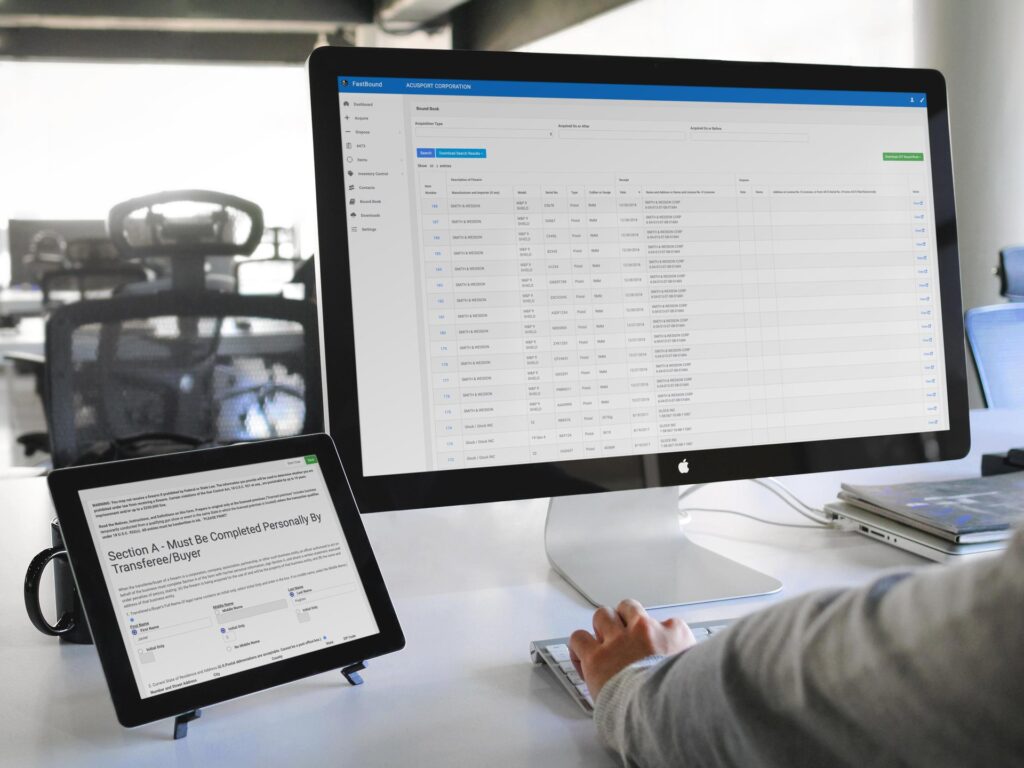
FastBound is a software solution to correctly filing an FFL online. The benefits of using FastBound include guaranteed ATF compliance and being backed by an attorney’s legal defense.
While the process of correctly completing an FFL application can be difficult and overwhelming, FastBound makes the process simplified, safe, and secure. Plus, it keeps you informed as the rules and regulations change. It will prompt you if errors occur.
Benefits include:
- FastBound is accessible on your smart device or computer. It is an online program that you access over the internet which means you don’t have to buy any special equipment to access FastBound.
- Low cost – fees are based on subscriptions and there are many options that match the size of your business. For example, a small gun broker may pay only $8 a month.
- The software was designed with a firearms attorney making it 100-percent compliant with the legal requirements provided by the ATF, even as those rules change.
- Secure date is part of the core requirement of FastBound. Once you enter data into the system, it remains secure and protected.
- Removes the dangers of “Set It and Leave It” software. FastBound alerts you to changes in the ATF laws so that you can address those changes as they apply to your business.
- Offers a robust set of options for creating bound books, even for consignment sales, transfers of ownership, and the sale of firearms.
- 100% electronic 4473’s including digital signature support.
When you need an FFL, take advantage of the power and ease of compliance that FastBound offers.
We started with the question, “How can you get an FFL without a business?” The answer is restricted to those who want to build a personal collection of relics and antique guns. If that definition does not cover your intent of handling guns, then you will need to apply for a different type of FFL.
FastBound can help make that process smooth and simplified and will work with you to keep your gun business in compliance so you can focus on the aspects of your business that you enjoy.
